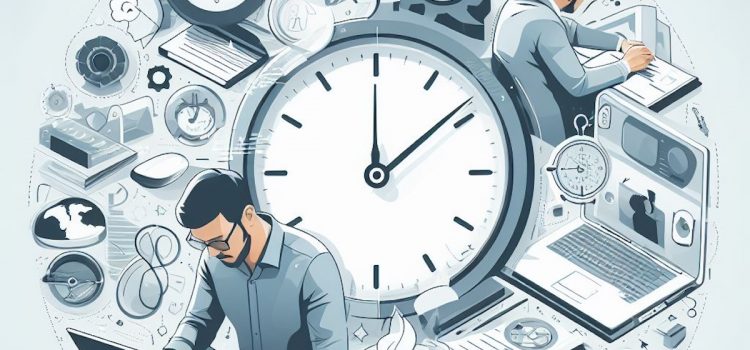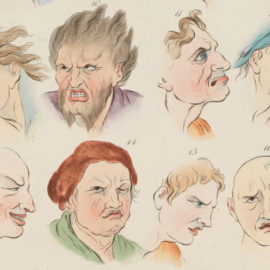
What’s the science of productivity? Why is Ali Abdaal’s feel-good productivity effective?
When work feels good, it energizes you instead of draining you, meaning you can get a lot more done. Therefore, the best type of productivity not only boosts your emotional well-being, it also benefits the people who rely on you.
Take a closer look at how productivity, particularly Abdaal’s model, keeps you energized throughout the day.
Why Feel-Good Productivity Works
Abdaal, who trained as a medical doctor, says that feel-good productivity is effective because it harnesses people’s natural biology and neurology. In simple terms, the science of productivity says that your body and brain instinctively know when you’re working in a healthy way; they reward you for it with good feelings (to encourage you to keep working that way) and increased energy (so you’re able to keep working that way).
Abdaal explains that you feel positive emotions when your brain releases certain hormones, such as dopamine and serotonin. However, these hormones don’t just produce pleasant feelings, they also have a wide variety of effects that will make you more energetic and productive. For instance, the feeling of excitement comes from dopamine; dopamine also boosts your concentration so you can more effectively pursue the thing you’re excited about.
So, Abdaal designed the feel-good productivity model to help you work in ways that cause you to produce more of those attention- and energy-boosting hormones, and your good feelings let you know that you’re doing it correctly.
| Harnessing Hormones: From Survival to Productivity By harnessing hormones such as dopamine, Abdaal’s feel-good productivity model takes advantage of the evolutionary traits that kept our ancient ancestors alive. In Behave, neurologist Robert Sapolsky explains that certain behaviors, driven by hormones, helped our ancestors to survive and reproduce—for instance, dopamine would have motivated them to find food, shelter, and people to mate with. The ones who were most motivated would have been the most successful, so those behaviors (and the hormones that drive them) got passed down through generations, while less successful behaviors died out. In other words, feel-good productivity takes the results of millions of years of evolution and directs them toward meeting modern-day needs. |
On the other hand, says Abdaal, the grind mindset taps into negative feelings that trigger the production of stress hormones such as adrenaline and cortisol.
In nature, these stress hormones would help us protect ourselves from danger and withstand pain. As such, they provide powerful short-term motivation, but they have harmful long-term effects. This is because we didn’t evolve to spend our whole lives feeling stressed and pressured, meaning we aren’t designed to be constantly flooded with adrenaline and cortisol.
| Counterpoint: Stress Isn’t Always Harmful Abdaal, like many people, equates stress with the fight or flight response: a natural reaction to danger that prepares you to overcome a threat or escape from one. However, some psychologists say that stress is more nuanced than that, and there are positive types of stress that can empower you without causing harm in the long run. For example, in The Upside of Stress, Kelly McGonigal describes what she calls the challenge response. This response happens when you’re faced with something difficult but not dangerous, such as giving an important presentation. The challenge-response boosts your breathing, heart rate, and energy just like the fight or flight response does. However, unlike fight or flight, the challenge response doesn’t produce hormones that cause your muscles to tense and your tissues to become inflamed. McGonigal says those hormones are what cause long-term damage; therefore, the challenge-response gives you all of the productivity benefits of the fight or flight response without the long-term risks. |






